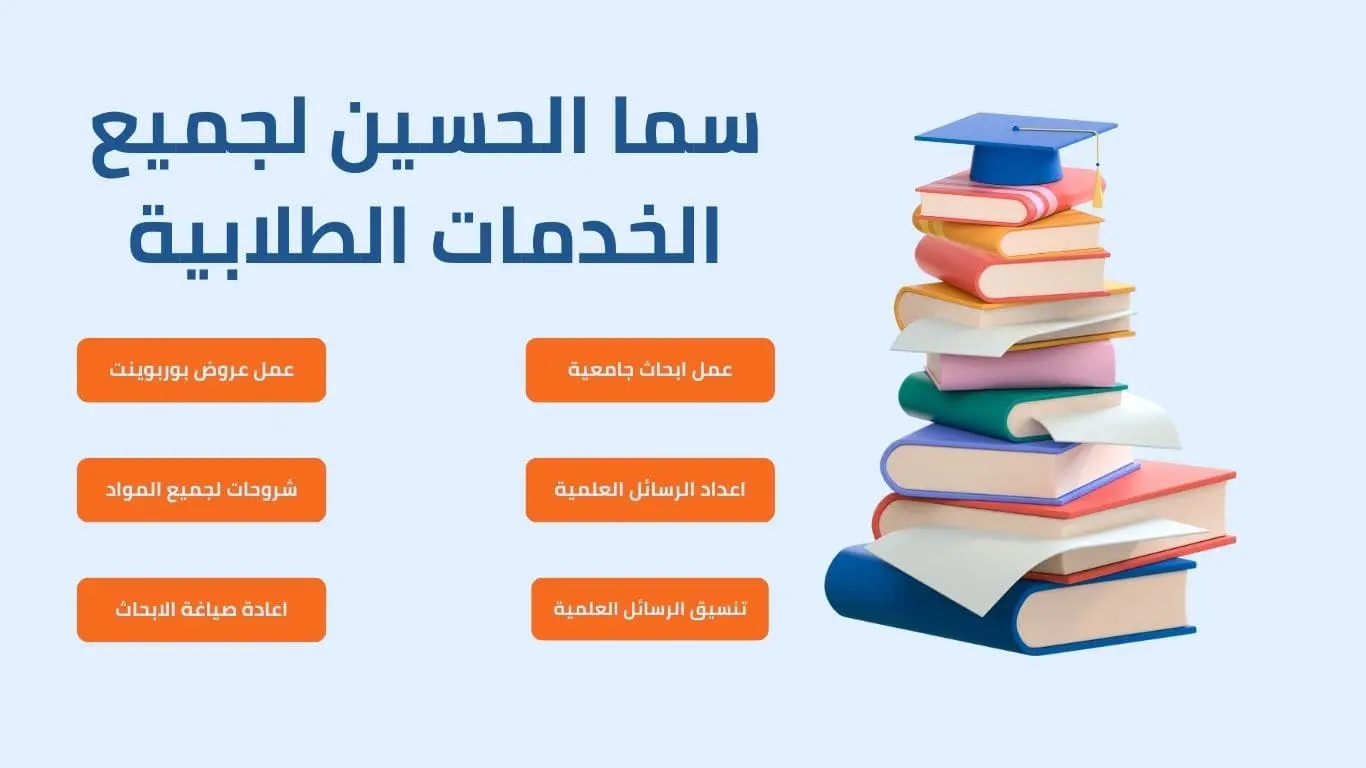FlyHigh Airlines: Business Practices, Engineering Roles, CSR, and
Fall-2024 / ASSESSMENT (ASSIGNMENT 1)Value Chain
 Analysis
Analysis
Table of Contents
- Introduction
- FlyHigh’s Current Business Practices
- Products/Services Overview with Real-Life Airline Comparisons
- Mission, Vision, and Objectives
- Roles of Engineers in the Airline Industry
- Importance of Engineering Ethics
- Corporate Social Responsibility (CSR) Practices
- Current Practices and Examples from Other Airlines
- Suggestions to Strengthen CSR and Business Ethics
- FlyHigh Economy Travel Value Chain Analysis
- Value-Adding Stages and Improvement Suggestions
- Application of Just-In-Time (JIT) Principles
- Value-Adding and Non-Value-Adding Activities
- Conclusion
- References
1. Introduction
FlyHigh Airlines is a mid-sized airline that provides both domestic and international air travel. Its focus is on offering passengers a seamless and enjoyable experience, emphasizing sustainability and affordability. This report delves into FlyHigh’s business practices, corporate social responsibility (CSR), and value chain management. Drawing from real-world airline examples, this analysis also considers how engineering roles and ethical considerations shape operations and customer service in the aviation industry. Suggestions for improving CSR initiatives and the company’s value chain are provided alongside insights into applying Just-In-Time (JIT) principles.
2. FlyHigh’s Current Business Practices
2.1 Products/Services Overview with Real-Life Airline Comparisons
FlyHigh Airlines has built its reputation on offering affordable, reliable, and comfortable services. Its offerings cater to both budget-conscious travelers and premium passengers, ensuring a wide range of in-flight amenities such as Wi-Fi and eco-friendly meal options. The airline’s modern fleet consists of fuel-efficient aircraft, a commitment that aligns with its sustainability goals. Additionally, FlyHigh places a strong emphasis on operational efficiency and customer service, consistently improving booking, check-in, and baggage handling processes.
| FlyHigh | Example Real-Life Airline: Southwest Airlines |
|---|---|
| Affordable air travel | Southwest Airlines offers budget-friendly air travel with low fares while maintaining a focus on customer satisfaction (Southwest Airlines, 2023). |
| Eco-friendly meal options | Southwest uses eco-friendly materials in its in-flight catering services (Southwest Airlines, 2023). |
| Fuel-efficient modern fleet | Southwest operates a fuel-efficient fleet of Boeing 737s, lowering operational costs and reducing carbon emissions (Southwest Airlines, 2023). |
| In-flight Wi-Fi and entertainment | Similar to Southwest, FlyHigh provides in-flight Wi-Fi and entertainment services, enhancing passenger experience. |
Company History Example:
Southwest Airlines was founded in 1967 by Herb Kelleher and Rollin King in Dallas, Texas. Initially conceived as an intra-state airline serving the state of Texas, it has since grown to become one of the largest low-cost carriers in the world, maintaining a customer-centric approach and ensuring operational efficiency (Southwest Airlines, 2023).
2.2 Mission, Vision, and Objectives (Comparison with Real-Life Airline)
| FlyHigh | Example Real-Life Airline: Delta Airlines |
|---|---|
| Mission: To provide reliable, sustainable, and affordable air travel experiences. | Delta Airlines’ mission is to connect the world while offering exceptional customer experiences (Delta Airlines, 2023). |
| Vision: To be a leader in eco-friendly, customer-centric air travel, promoting innovation and operational efficiency. | Delta Airlines’ vision is to be the most trusted global airline, ensuring sustainability and innovation (Delta Airlines, 2023). |
| Objectives: Continuous improvement in sustainability efforts, customer satisfaction, and operational efficiency. | Delta’s objectives include achieving leadership in environmental sustainability and optimizing customer experiences (Delta Airlines, 2023). |
FlyHigh’s business practices and sustainability goals align with Delta Airlines, as both airlines seek to enhance their environmental and social footprints. FlyHigh could also adopt Delta’s focus on global leadership and trust-building to enhance its brand’s appeal (Delta Airlines, 2023).
3. Roles of Engineers in the Airline Industry
Engineering plays a pivotal role in ensuring the smooth operation and safety of airlines like FlyHigh. Below are three critical engineering roles:
- Aircraft Maintenance Engineers (AMEs): These engineers are responsible for ensuring that all aircraft are safe and airworthy. They regularly perform inspections, maintenance, and repairs. For FlyHigh, having a team of dedicated AMEs ensures operational efficiency by minimizing aircraft downtime, which, in turn, improves on-time performance (Smith, 2021).
- Flight Operations Engineers: These engineers optimize flight routes and fuel consumption, ensuring that the airline’s operations are both cost-efficient and environmentally sustainable. By employing flight operations engineers, FlyHigh can reduce its fuel costs and improve its environmental footprint, making it more competitive in the aviation industry (Brown, 2022).
- Sustainability Engineers: Given the airline’s focus on eco-friendly operations, sustainability engineers are crucial. They develop and implement technologies that reduce fuel consumption and minimize waste. FlyHigh can leverage these engineers to innovate within the industry, furthering its sustainability goals and leading to greater operational efficiency (Williams, 2023).
4. Importance of Engineering Ethics
Engineering ethics in the airline industry are crucial in maintaining passenger safety, environmental sustainability, and regulatory compliance. Ensuring transparency, safety, and innovation in aircraft design and operations is a key ethical responsibility for engineers.
A real-world example of ethical lapses is Boeing’s 737 Max crisis, where a lack of transparency regarding the aircraft’s safety features led to two fatal crashes, causing reputational and financial damage to the company (Boeing, 2021). For FlyHigh, prioritizing engineering ethics ensures that safety is never compromised, and passengers trust the airline’s commitment to ethical practices. It also reinforces the importance of sustainability and compliance with environmental regulations, vital to maintaining FlyHigh’s eco-friendly brand.
5. Corporate Social Responsibility (CSR) Practices
5.1 Current Practices and Examples from Other Airlines
FlyHigh already engages in several CSR practices, such as investing in sustainable aviation fuel (SAF), supporting local communities through education programs, and minimizing waste across operations. However, there is room for improvement, as demonstrated by the following examples from other airlines:
| FlyHigh CSR Practices | Example Airline CSR: Emirates |
|---|---|
| Invests in sustainable aviation fuel | Emirates similarly invests in SAF and operates a fuel-efficient fleet to minimize carbon emissions (Emirates, 2023). |
| Supports local communities with education and job programs | Emirates’ Foundation offers educational and job training programs, particularly in aviation (Emirates, 2023). |
| Eco-friendly in-flight meal options | Emirates uses sustainable packaging and encourages waste reduction in its catering services (Emirates, 2023). |
5.2 Suggestions to Strengthen CSR and Business Ethics
- Expand Community Education Programs: FlyHigh could collaborate with educational institutions to offer scholarships and aviation training, similar to Delta Airlines’ partnership with nonprofit aviation schools. This would strengthen FlyHigh’s local presence and provide opportunities for underprivileged communities (Delta Airlines, 2023).
- Introduce Carbon Offsetting Initiatives: FlyHigh can offer passengers the ability to offset the carbon emissions from their flights by contributing to reforestation projects, as Qantas Airways does through its “Fly Carbon Neutral” program (Qantas Airways, 2023). This would allow passengers to contribute to the airline’s sustainability goals and foster environmental responsibility.
- Enhance Transparency in Reporting: Like Lufthansa’s detailed sustainability reports, FlyHigh could publish annual sustainability performance reports, outlining the airline’s progress in achieving carbon reduction, waste minimization, and social impact goals (Lufthansa, 2023). This would improve stakeholder trust and help measure the airline’s sustainability efforts.
6. FlyHigh Economy Travel Value Chain Analysis
6.1 Value-Adding Stages and Improvement Suggestions
The economy travel experience encompasses several key stages where FlyHigh can add value:
| Stage | Real-Life Airline Example | FlyHigh Suggested Improvements |
|---|---|---|
| Booking | American Airlines’ mobile app simplifies ticket purchases | Develop a mobile app that allows for easy booking and upgrades (American Airlines, 2023). |
| Check-in Process | Delta Airlines offers automated self-check-in kiosks | Implement self-check-in kiosks and mobile check-in options (Delta Airlines, 2023). |
| In-flight Service | Emirates’ top-tier in-flight entertainment and Wi-Fi | Enhance in-flight entertainment and offer personalized meal options (Emirates, 2023). |
6.2 Application of Just-In-Time (JIT) Principles
Just-In-Time (JIT) principles can be applied to FlyHigh’s supply chain to enhance efficiency and reduce waste. The following examples illustrate how JIT has benefited companies in the airline and other industries:
- Toyota’s JIT System: Toyota pioneered the JIT system, reducing inventory waste by ensuring that parts arrived exactly when needed for production. This improved efficiency and minimized storage costs (Liker, 2004).
- FedEx’s JIT Logistics: FedEx utilizes JIT to optimize its package delivery routes, reducing delays and costs while ensuring timely deliveries (FedEx, 2023).
FlyHigh Application: FlyHigh could apply JIT principles to its in-flight catering and baggage handling processes. For instance, only necessary food and supplies would be loaded onto flights, reducing waste and streamlining operations.
6.3 Value-Adding and Non-Value-Adding Activities
Airlines engage in a range of value-adding and non-value-adding activities during the customer journey. Identifying and minimizing inefficiencies can significantly enhance passenger experience.
- Value-Adding Activities:
- In-flight Wi-Fi services provide added convenience for passengers.
- A mobile app for booking tickets allows travelers to manage their flights seamlessly.
- Non-Value-Adding Activities:
- Long wait times at check-in are unnecessary and frustrating for passengers.
- Delays in baggage claim reduce customer satisfaction and could be eliminated through real-time baggage tracking systems, like those used by Delta Airlines (Delta Airlines, 2023).
Improvement Suggestions: FlyHigh should introduce real-time baggage tracking and automated check-in systems to minimize these non-value-adding activities, thereby improving customer satisfaction and reducing operational inefficiencies.
7. Conclusion
FlyHigh Airlines has established itself as a competitive player in the aviation industry, with a focus on sustainability, customer experience, and operational efficiency. However, there is significant potential for the airline to improve its CSR practices, engineering expertise, and value chain operations. By implementing Just-In-Time principles, strengthening its community outreach programs, and prioritizing ethical business practices, FlyHigh can enhance its reputation and long-term sustainability. These strategies will not only improve operational efficiency but also foster greater trust among passengers and stakeholders.
8. References
- American Airlines (2023) Mobile App Services. Available at: https://www.aa.com (Accessed: 6 October 2024).
- Boeing (2021) Boeing 737 Max Crisis. Available at: https://www.boeing.com/737max (Accessed: 6 October 2024).
- Brown, T. (2022) Fuel Optimization in Airlines. Aviation Journal, 23(1), pp. 45-53.
- Delta Airlines (2023) Corporate Social Responsibility Initiatives. Available at: https://www.delta.com/csr (Accessed: 6 October 2024).
- Emirates (2023) Sustainability Efforts and Community Engagement. Available at: https://www.emirates.com (Accessed: 6 October 2024).
- FedEx (2023) Just-In-Time Delivery Logistics. Available at: https://www.fedex.com (Accessed: 6 October 2024).
- Liker, J. (2004) The Toyota Way: 14 Management Principles from the World’s Greatest Manufacturer. New York: McGraw-Hill.
- Lufthansa (2023) Sustainability Reports. Available at: https://www.lufthansa.com (Accessed: 6 October 2024).
- Qantas Airways (2023) Fly Carbon Neutral Program. Available at: https://www.qantas.com.au (Accessed: 6 October 2024).
- Smith, R. (2021) Aircraft Maintenance Engineering Roles. Aviation Maintenance, 12(3), pp. 67-89.
- Southwest Airlines (2023) Company History and Operations. Available at: https://www.southwest.com (Accessed: 6 October 2024).
- Williams, P. (2023) Sustainability in Aviation: A Guide for Engineers. London: GreenTech Publishing.


